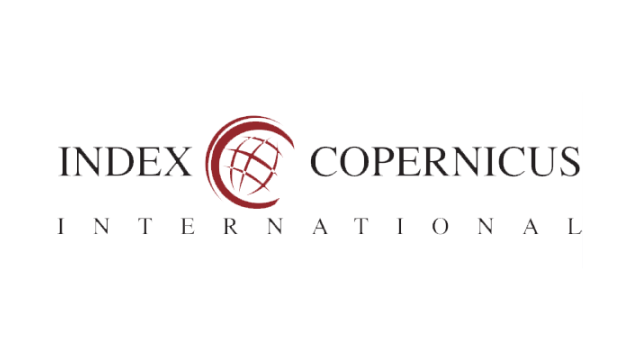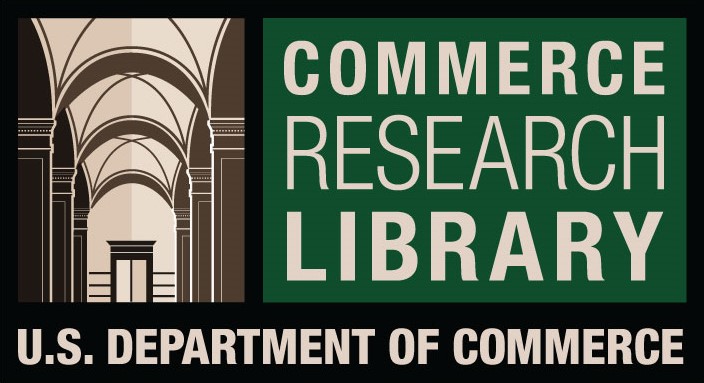IMPACT ASSESSMENT OF KNOWLEDGE MANAGEMENT, HRD PRACTICES FOR ORGANIZATIONAL PERFORMANCE IN STEEL INDUSTRY IN INDIA
DOI:
https://doi.org/10.61841/9zby8r17Keywords:
HRD Practices, Knowledge Management, Organisational Performance, SEMAbstract
The study will access the HRD Practices, knowledge management for organizational performance. In today every firm used its allocated recourses in such a way that it will create a value of the firms without incurring any loss. In this regard very recently, the firm’s strategic section would like to investigate the real role of human resources in enhancing the real value for the organizations. Hence, in the recent techno world Knowledge management (KM) has emerged as an important leading attribute that can help to enrich the organization's cultural value for developing the organizational performance by use of right knowledge which can help to minimize the loss of valuable knowledge when employees leave. Human Resource Development (HRD) Climate is the real attributes of the organization which pushes positively to increase the real knowledge management. Further, knowledge management is being treated as a major parameter for the real growth of organizational performance. In this regard, the study will be focused to identify the HRD practices being implemented in the Steel industry of Odisha and evaluate the impact of HRD practices on organizational performance in the Steel industry. Also, the study evaluates the mediating effect of knowledge management between HRD practices and organizational performance in the Steel industry through Structural equation modeling. In the same line, to carry out this study, two important hypotheses have been developed to prove the effectiveness of knowledge management and HRD practices for organizational performance.
Downloads
Published
Issue
Section
License

This work is licensed under a Creative Commons Attribution 4.0 International License.
You are free to:
- Share — copy and redistribute the material in any medium or format for any purpose, even commercially.
- Adapt — remix, transform, and build upon the material for any purpose, even commercially.
- The licensor cannot revoke these freedoms as long as you follow the license terms.
Under the following terms:
- Attribution — You must give appropriate credit , provide a link to the license, and indicate if changes were made . You may do so in any reasonable manner, but not in any way that suggests the licensor endorses you or your use.
- No additional restrictions — You may not apply legal terms or technological measures that legally restrict others from doing anything the license permits.
Notices:
You do not have to comply with the license for elements of the material in the public domain or where your use is permitted by an applicable exception or limitation .
No warranties are given. The license may not give you all of the permissions necessary for your intended use. For example, other rights such as publicity, privacy, or moral rights may limit how you use the material.









